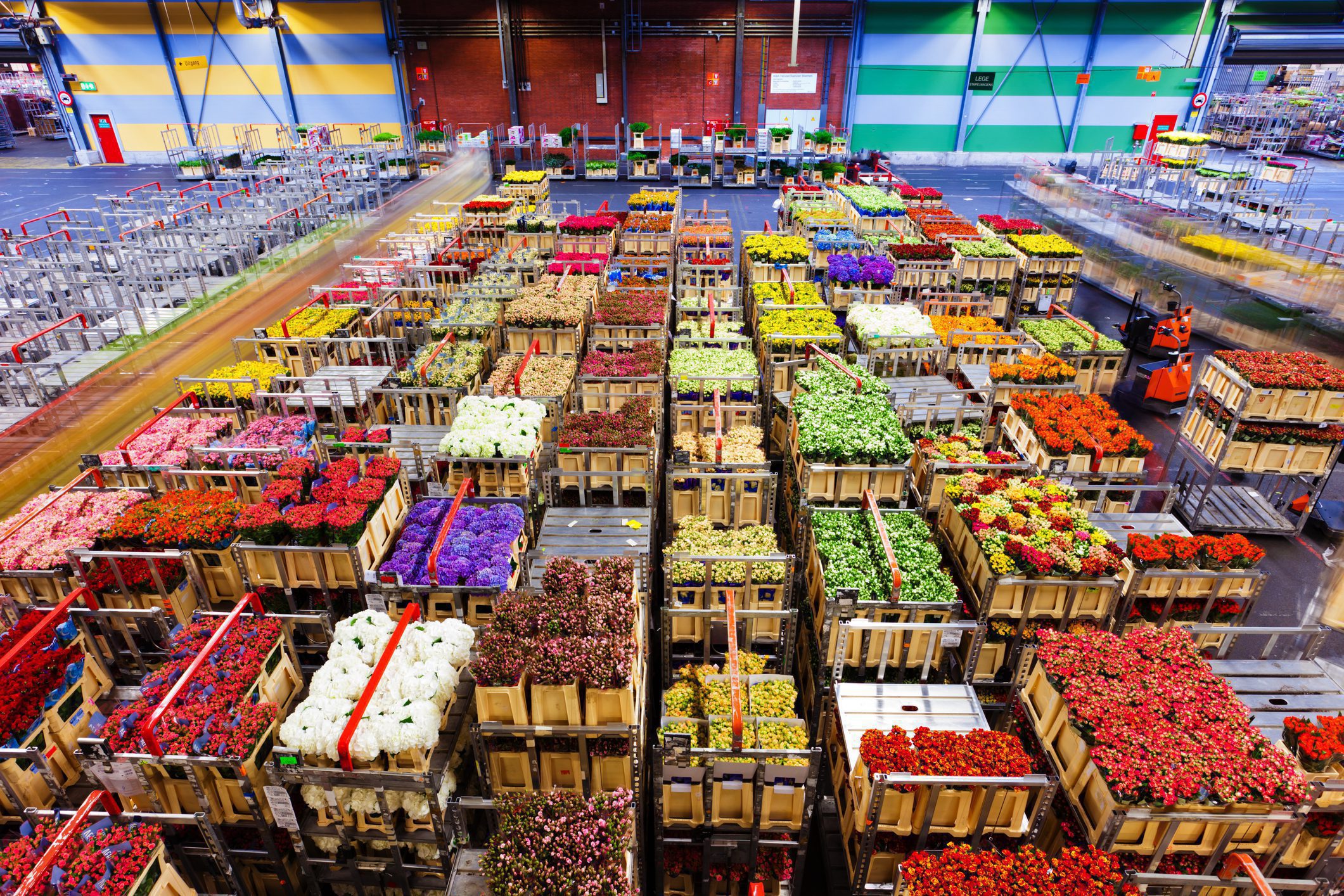As the Easter holiday fades into a weekend seemingly indistinguishable from any other weekend in the last two months, we’re checking up on some of the commodities that have traditionally been hopping this time of year. (Pun intended) The leading holiday of the springtime, one of the biggest parts of this holiday are the flowers and floral greens that many people give as gifts, signals of appreciation, and personal mementos around the house reminding us that winter has ended and the warmer months are coming up quickly. However, as the logistics industry tries to navigate a new market that’s bearing tremendous weight with essential and emergency supplies, the fresh flower market is falling fast.
As reported in the NY Times, Amsterdam had 140 million unsold tulips this spring due to the coronavirus pandemic and subsequent restrictions on air cargo and travel. People aren’t ordering flowers, trucks aren’t delivering flowers, planes aren’t flying flowers overseas and the space they normal take up is now full of medical equipment and necessary supplies to see families through the quarantine and shelter – in – place orders coming from the government. Oddly enough, not everyone has forgotten about flowers as residents in Michigan are, this very week, protesting over the shut down of lawn and garden centers as non-essential businesses. On an unrelated note, it’s currently snowing in Michigan.
The issues aren’t just impacting flower exporters in other countries, but even local growers are seeing fewer orders. Considering flowers require an extensive lead time, many suppliers planted and prepared for a standard busy season and are now sitting on a pile of blooms that have no place to go. In many cases, flower markets are deemed non-essential businesses and not operating at all during the current pandemic. This is an issue especially for growers who can’t sit on the inventory indefinitely waiting for the world to adjust. Not only is this one of the most fragile perishable commodities, it’s also exceptionally seasonal in its taste and expression.
The market for flowers is precise in nature as wedding arrangements, and the spring wedding season itself, feature different flowers than Valentine’s Day flowers or Christmas plants. Since many of these plants are featured according to their growth cycle, it’s not a one size fits all commodity and once the holiday is missed, it’s not coming back for a year. The spring itself is a peak season for flowers between Valentine’s and weddings, Mother’s Day, Easter, and even lesser known floral gifts for Passover and congratulations bouquets for graduations, which will likely not happen this year if the pandemic continues. As the flower sales droop, so goes the floral greens that are traditionally packed with bouquets.
As more holidays unfold, we expect the same issues and problems for flower shipments past Mother’s day, and even more important event for fresh flower delivery.
